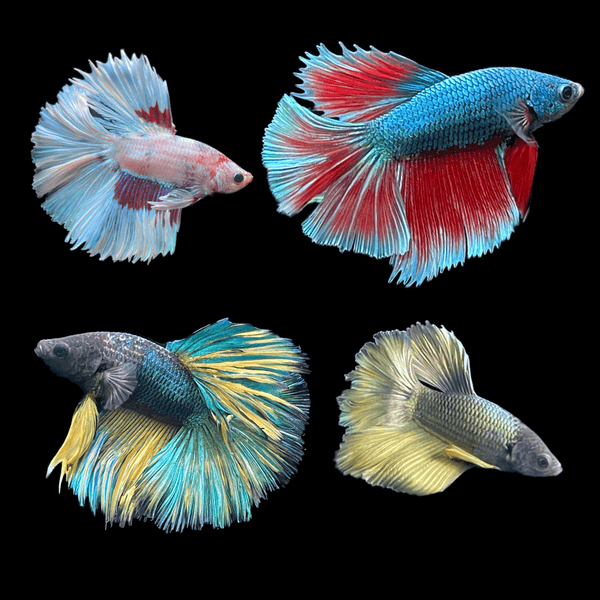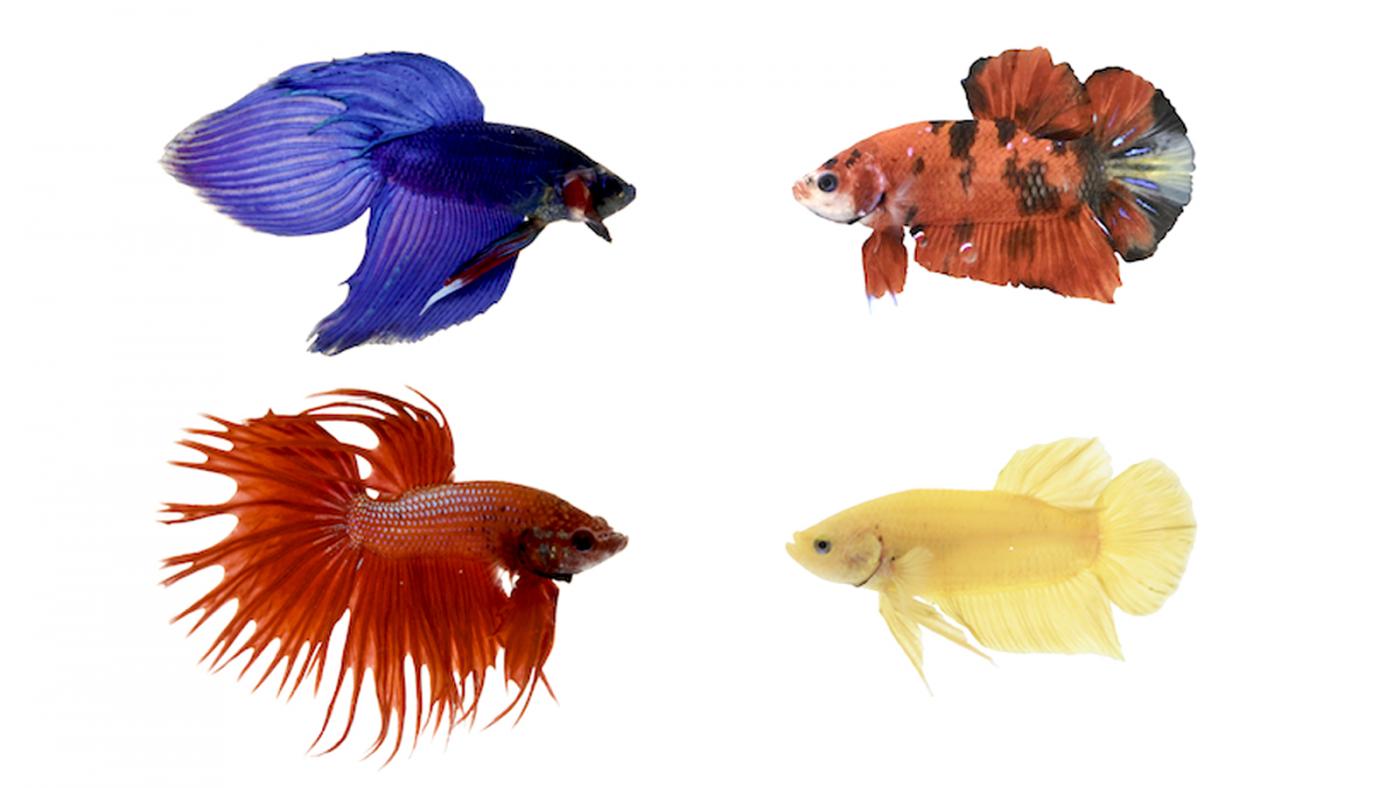The Ultimate Overview to Betta Fish Care: Vital Tips for Maintaining a Healthy and Flourishing Fish Tank Setting
Efficient Betta fish treatment requires a comprehensive understanding of their distinct ecological and physiological needs. Developing a suitable fish tank begins with choosing the right tank size and making certain optimal water conditions, which are critical for the health and health of your Betta. Understanding correct feeding methods and developing a favorable habitat can significantly impact your fish's vitality and actions. As you think about these fundamental aspects, it ends up being clear that preserving a flourishing fish tank atmosphere requires focus to detail and recurring dedication. What particular techniques will you apply to improve your Betta's top quality of life?
Selecting the Right Storage Tank
Selecting the ideal container for your Betta fish is vital to guaranteeing its health and wellness. Bettas prosper in settings that simulate their natural habitats, which generally include tranquility, cozy waters. A container dimension of at the very least 5 gallons is recommended to offer adequate swimming room, as smaller storage tanks can result in anxiety and health and wellness concerns for these vibrant fish.
When picking a tank, consider the storage tank's form and filtration system. A rectangle-shaped storage tank is better to a dish, as it supplies much more surface area for oxygen exchange. In addition, a trustworthy filtering system is important to maintain water top quality and decrease the frequency of water changes (betta fish). However, it is very important to choose a filter with a gentle circulation, as Bettas are not solid swimmers and might battle versus strong currents.
Temperature policy is one more essential aspect; Bettas prefer water temperature levels in between 76 ° F and 82 ° F. Purchasing a great heater will certainly ensure that the water stays within this range, advertising a healthy and balanced and active lifestyle for your Betta. Lastly, giving ideal container decorations and concealing places will help in reducing stress and urge natural actions, additionally enhancing your Betta's well-being.
Maintaining Water High Quality
Preserving optimum water high quality is necessary for the wellness and long life of Betta fish. This needs regular surveillance of numerous criteria, including temperature level, pH, ammonia, nitrite, and nitrate degrees. Bettas prosper in temperature levels between 76 ° F and 82 ° F, so keeping a steady temperature is crucial. Sudden fluctuations can cause tension and disease.
The pH degree should ideally drop in between 6.5 and 7.5. Routine screening utilizing a reputable water screening kit can help ensure these specifications remain within the ideal ranges. Ammonia and nitrite degrees ought to constantly be at 0 ppm, as also reduced concentrations can be harmful to Betta fish. Nitrate levels must be kept under 20 ppm to avoid long-lasting health problems.
Routine water modifications are crucial to maintaining water high quality. It is advised to change 25-50% of the container water weekly, depending upon the storage tank dimension and equipping degrees. Utilizing a high-quality water conditioner can assist remove unsafe chemicals from tap water, making certain a risk-free atmosphere. In addition, incorporating a durable filtration system can help in maintaining water quality and quality, giving a much healthier environment for your Betta fish.
Perfect Feeding Practices
Supplying a well balanced diet plan is essential for the health and dynamic pigmentation of Betta fish, as their nutritional requirements play a considerable role in their general well-being. Betta fish are carnivorous naturally, requiring a diet plan high in protein. A mix of top notch pellets, frozen or real-time foods such as bloodworms, brine shrimp, and daphnia can provide the essential nutrients they need.
Feed your Betta fish 2 to 3 times a day, using only what they can take in within a couple of mins to avoid overfeeding and maintain water quality. Overfeeding can bring about obesity and health and wellness problems, consisting of swim bladder condition. It is important to monitor their nutritional intake and readjust portion sizes appropriately.
Along with healthy protein, a well balanced diet must include nutrients to advertise ideal health. Think about supplementing their diet plan with top notch flakes or pellets specifically formulated for Betta fish, as these commonly have required ingredients.

Developing an Ideal Environment

Water high quality is paramount; keep a temperature between 76 ° F and 82 ° F, and ensure the pH level varies from 6 - betta fish.5 to 7.5. Normal water adjustments of 25-50% weekly will aid maintain toxic substances at bay and make certain a stable atmosphere
Including plants and concealing places is critical, as Betta fish are naturally territorial and take pleasure in having areas to check out and pull back. Live or silk plants, together with caves and ornaments, can develop a revitalizing atmosphere.

Regular Health Checkups
Performing routine health and wellness check-ups is vital for making certain the well-being of Betta fish, as early detection of potential concerns can prevent severe health and wellness issues. These examinations should include a complete exam of the fish's physical condition, habits, and environmental variables.
Begin by observing the Betta fish for any type of indicators of distress, such as sleepiness, anorexia nervosa, or unusual swimming patterns. Furthermore, examine the fins and body for signs of staining, sores, or fin rot, which can show infections or bloodsuckers. Frequently checking the water quality in the fish tank is similarly vital; parameters such as pH, ammonia, nitrite, and nitrate levels my review here must be maintained within optimum arrays to stop stress and health problem.
In addition, take into consideration maintaining a log of wellness monitorings and water top quality tests. Prompt intervention can make a significant distinction in the recovery of your Betta fish, guaranteeing a long and healthy life in a well-maintained fish tank atmosphere.
Final Thought
In verdict, effective Betta fish care pivots on creating and keeping an optimal aquarium environment. By complying with these standards, aquarists can promote the well-being and vibrancy of Betta fish, eventually resulting in a thriving aquatic ecological community.